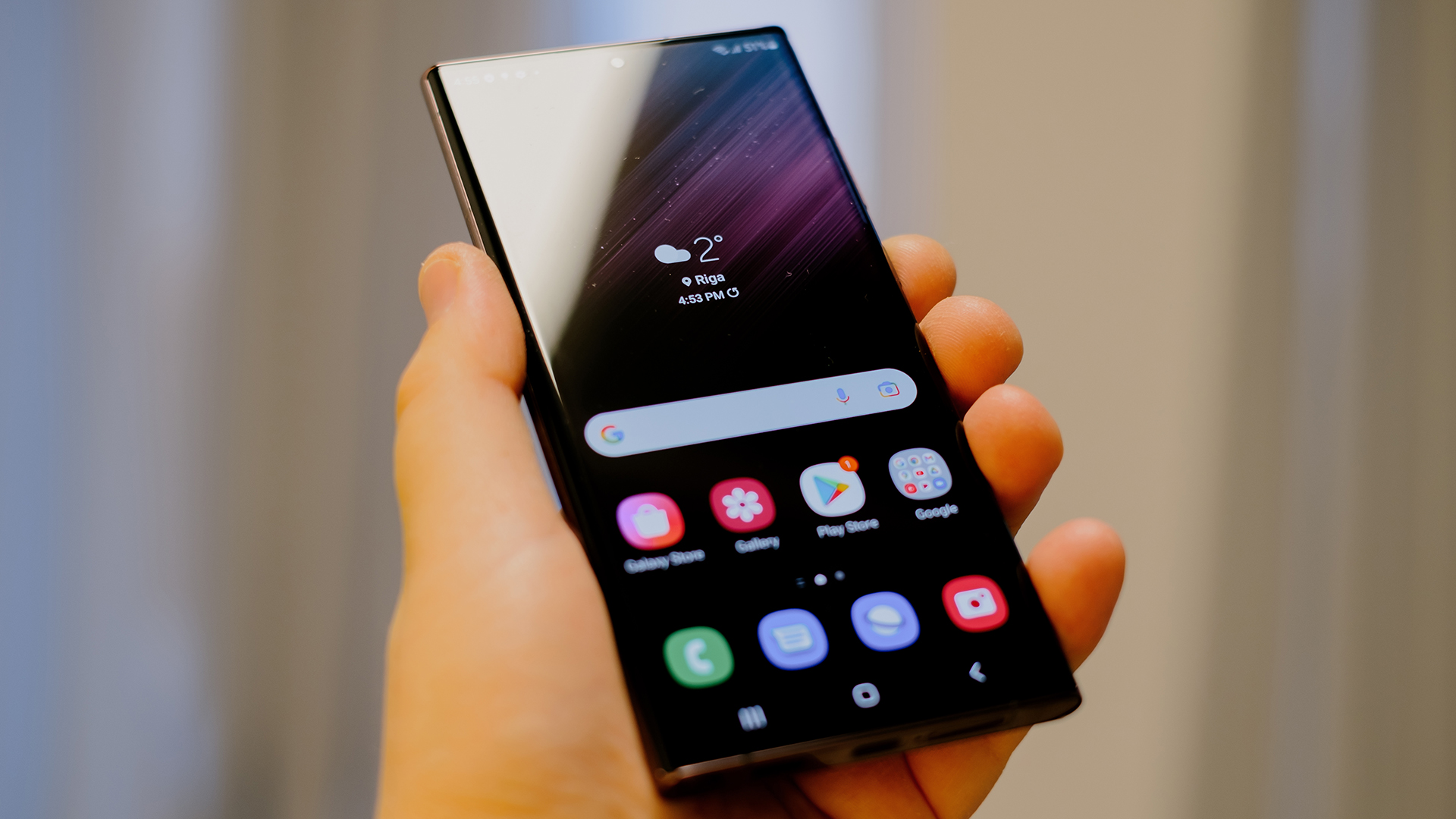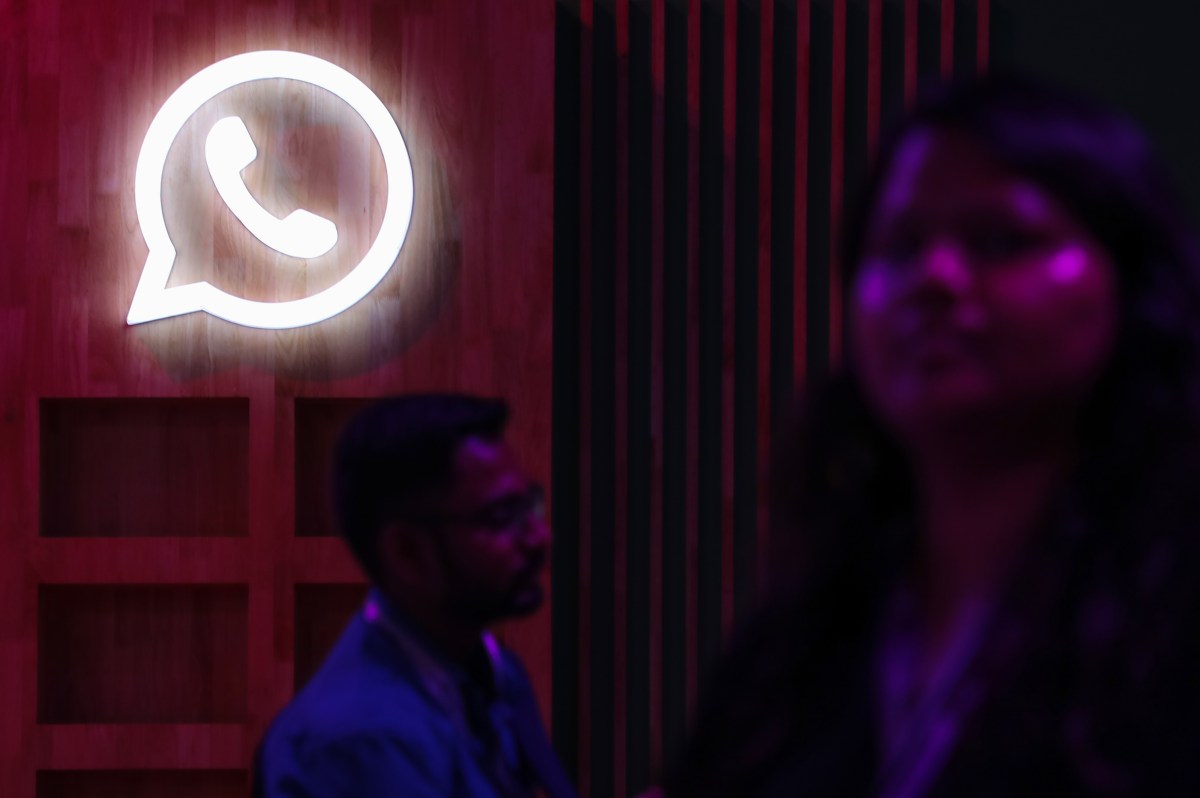I’m a hacking expert – never tap or click four common bank-draining words or risk strangers stealing your credit card
GADGET users are being warned over a dangerous type of pop-up message that could leave your bank empty.
Cybercriminals can use pop-ups to hijack your computer or smartphone, experts have warned.
Crooks will often use a type of software called spyware to watch what you’re doing online.
Once they’ve tricked you into downloading spyware, there’s almost no limit to what a hacker can do.
“The impact of spyware on identity theft cannot be understated,” said a cybersecurity expert from McAfee.
“By stealthily recording sensitive personal and financial information, like usernames, passwords, and credit card numbers, it presents a significant risk to a user’s identity.”
A crook could install spyware on your device if they had physical access to it.
But it’s more more likely that you’ll end up being a victim of spyware due to a mistake online.
Criminals often attempt to trick you into installing spyware by making you think you’re downloading something else.
“Preventing spyware from infecting your system starts with practicing good online habits,” the McAfee expert explained in an official security memo.
“Avoid downloading files from untrusted sources, especially torrents and software cracks notorious for being riddled with spyware.”
But you might also find yourself downloading spyware after interacting with a pop-up message.
If you end up on a suspicious website, you might find a notification appearing on the screen.
These may seem harmless, but if you see the following four words, you might be in trouble.
“Never click ‘Agree,’ ‘OK,’ ‘No,’ or ‘Yes’ in a pop-up, as these actions can trigger an automatic spyware download,” McAfee warned.
“Instead, close the pop-up by hitting the red X or shutting down your browser altogether.”
Don’t forget!
Of course avoiding rogue pop-ups isn’t the only way to stave off spyware.
You should also regularly update the operating system on your device – whether that’s iOS, Android, Windows or macOS.
Read more on the Irish Sun
“These patches often contain fixes to known vulnerabilities that spyware and other malicious programs exploit,” the McAfee cyber-expert explained.
“Also, ensure to download and use your web…



